Completing a drug treatment program is a significant accomplishment. You worked hard to address the underlying causes of your addiction, and you have the tools and support you need to succeed in your recovery. While successfully completing a drug rehab program is worthy of celebrating, it doesn’t mean that you are done in recovery. In reality, the real work in your recovery begins once you resume your everyday daily life. In order to stay sober, you need to develop and follow a solid relapse prevention program.
Relapse prevention programs are crucial in helping you keep your newfound sobriety. These programs give you confidence and build your self-esteem. Additionally, these programs allow you to understand the high-risk situations that make you vulnerable to relapse. Most importantly, you learn what relapse truly means and get a game plan in the event that you do unfortunately relapse. Are you new in recovery and want to know more about relapse prevention programs? Call Liberty House toll-free today.
What Exactly is Relapse?
Many people may define relapse as the actual moment when a person starts using substances again after a period of abstinence. In reality, relapse occurs way before someone picks up a drink or uses a drug. Relapse is a process in which some tell-tale signs and emotions can ultimately lead to active drug use. This process can be seen in three phases:
Emotional—marked by bottling up of emotions, increasing mood swings, and intolerance towards others. You may still be going to meetings, but you aren’t being an active participant.
Mental—marked by increased cravings and urges to use. You start hanging around old using friends, and you have fantasies about using drugs and alcohol once again. You start rationalizing scenarios where drug use would be “acceptable”
Physical—the actual act of using substances after a period of sobriety. Once you resume use, you have overwhelming feelings of guilt and shame.
Why Does Relapse Occur?
People can relapse for a variety of reasons. A common reason for relapse is prolonged periods of depression, anxiety, stress, or frustration. Another common cause of relapse is hanging around the people and places they used to frequent when they were actively using. Additionally, people can relapse if they start missing meetings, reducing the frequency of meetings, or stop going to self-help meetings altogether.
Additional reasons why people relapse include:
- General lack of motivation to work their recovery program
- Feeling “stuck” in their recovery
- Lack of healthy coping skills
- The emergence of or re-emergence of mental health issues
The Importance of Relapse Prevention Programs
In order to minimize the risk of relapse in your recovery, relapse prevention programs are a crucial tool in helping you achieve that goal. The importance of these programs cannot be understated. The following are the main reasons individual relapse prevention programs are vital to your ongoing recovery.
You Learn Coping Skills
The crux of relapse prevention programs is understanding the triggers that can lead you back to substance use. You need to be able to identify the people, places, things, thoughts, and feelings that make you feel vulnerable. Once these are identified, you can learn healthy coping skills to manage situations where you experience triggers.
You Learn Proper Self-Care
A huge part of minimizing relapse risk is to maintain proper self-care. This includes proper hygiene, a balanced diet, and regular exercise. This also includes attending regular self-help support meetings, working with your sponsor, and finding time during the day for meditation and reflection. Practicing self-care keeps you physically and psychologically healthy, and that reduces the risk for relapse.
You Learn to Be Honest
Relapse prevention programs focus on self-honesty and honesty towards others. While in the grips of addiction, you are engaged in manipulation and lies to continue using substances. As you recover, your focus on being honest to yourself and others. Honesty is a crucial part of the healing process and allows you to rebuild communication, relationships, and respect.
You Learn to Ask for Help
Perhaps the most important thing relapse prevention programs teach you is that support is essential in reducing the risk of relapse. Having a circle of family, friends, recovery peers, and other support people in your corner helps you stay motivated and confident. In the event that you unfortunately relapse, you can turn to your support system to share your disappointment, but to help raise you up, find weaknesses in your recovery program, and hold you accountable as you work to regain your recovery.
Do You Need to Fine Tune Your Relapse Prevention Program? Liberty House Can Help
Have you just completed drug treatment and need help finetuning your relapse prevention program? For the past three decades, Liberty House has set the standard for sober living. Our 12-step approach will help you apply the principles of a 12-step program in your daily life. In addition to 12-step support, Liberty House offers continuing therapy, family programs, and weekend retreats that give you the additional tools and support to step out confidently in recovery. Would you like to learn more? Call Liberty House right now and speak to one of our helpful staff members. Lasting recovery is just a phone call away.


